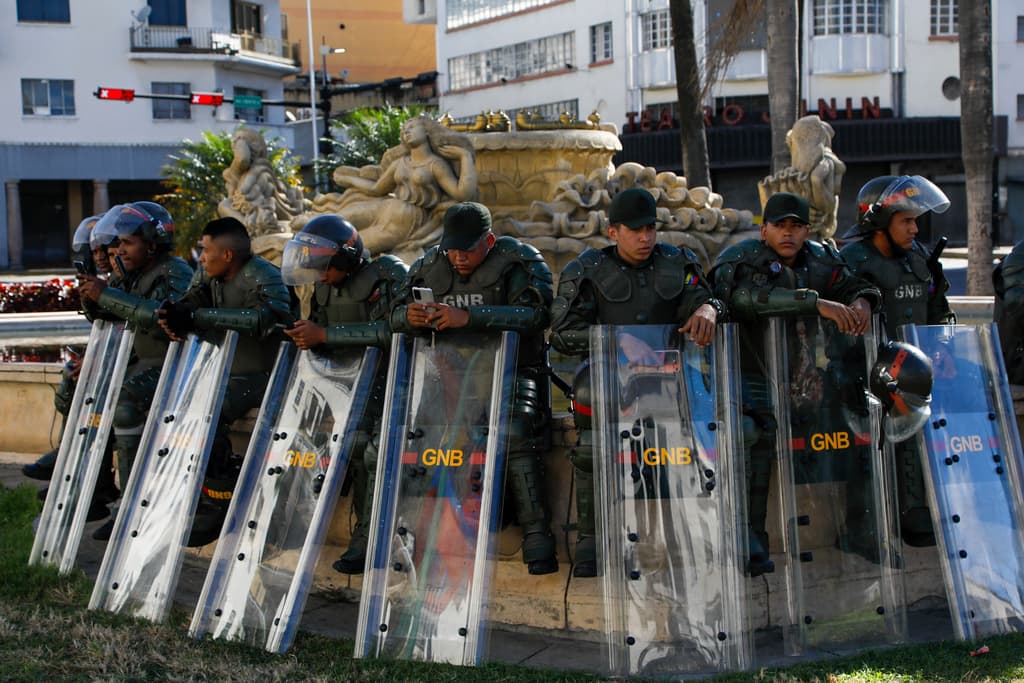The protests broke out as soon as the regime announced Maduro's victory on Monday night – a result that the opposition and critics consider to be rigged.
Even in several poor areas where support for Maduro's hard rule had previously been great, people shouted "freedom!" and "the government must fall!", news agencies report.
The demonstrations turned violent when security forces tried to stop them with tear gas and rubber bullets. By Tuesday afternoon Swedish time, at least three fatalities, two in the state of Aragua and one in the capital Caracas, had been reported, and 44 injured, according to the network The National Hospital Survey.
Another person has died in the state of Yaracuy, according to the organization Foro Penal.
Venezuela's Justice Minister Tarek William Saab said on Tuesday that 749 people had been arrested in connection with the protests, and that those arrested would be prosecuted for "resistance against authorities, and in the most severe cases: terrorism".
Venezuela's Defense Minister Vladimir Padrino said in a televised comment that the military was "fully loyal" to President Maduro.
"Showing victory"
The opposition claims to have obtained more than 70 percent of the vote count documents showing that their candidate Edmundo González received more than double the number of votes than Maduro in Sunday's election.
The Pan American cooperation organization OAS says that the election was marked by "manipulation" and writes in a statement that Maduro's regime has "applied a repressive system, in combination with actions aimed at completely distorting the election result".
Criticism from abroad
The international criticism of the election is extensive. Following the announcement from Caracas, nine Latin American countries demanded an independent review of the election result. Venezuela has responded by declaring diplomats from Argentina, Chile, Costa Rica, Peru, Panama, the Dominican Republic, and Uruguay persona non grata in the country.
Criticism of the election result was also voiced from the USA, the UK, France, and Spain. The UN Secretary-General demands full transparency.
However, several countries have simultaneously shown their support for Maduro as president – including Cuba, Nicaragua, Bolivia, and Honduras. His government also received support from both Russia and China.






